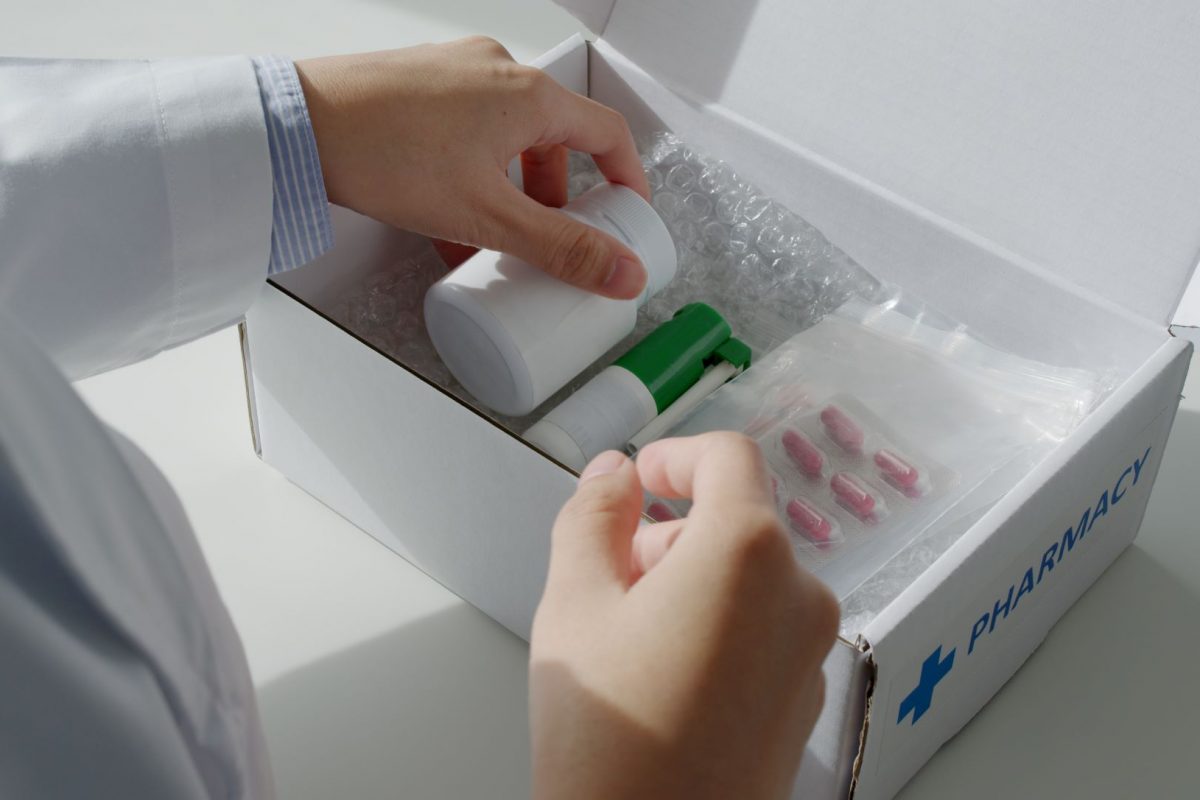Parallel Distribution is an exclusively European phenomenon, consisting of the transaction of medicines between member states.
The main exporting countries to the rest of Europe are Germany and France. About 52% of exports originate in the EU countries with the highest GDP, which contradicts the idea that parallel distribution occurs mainly from lower income countries to richer countries.
It is up to each member state to set the price of a given medicine, which leads to different prices for the same product and creates the opportunity for Parallel Distribution, whereby importers and exporters distribute original medicines from one EU member state to another at a lower price and with the same high quality and safety standards.
Health systems, pharmacies, and patients benefit from the price difference between the medicine placed on the market by manufacturers and the medicine supplied by parallel distributors.
Moreover, as far as innovative and patent-protected medicines are concerned, parallel-distributed medicines are their only source of competition, a factor which, in view of the savings generated by Parallel Distribution, is of particular importance in a context where health expenditures are constantly on the rise.
Therefore, at the European level, health authorities, regulators and other relevant actors in the healthcare system have been promoting the benefits of parallel trade, as well as its positive effects on competition and on reducing the costs of medicines.
Finally, in the Portuguese case, the Extra-Community Distribution of Medicines also plays a very important role, not only for the economy and the Portuguese-based medicine sector, but also because, very often, it is the only way to guarantee access to quality therapies in many countries, namely the Portuguese speaking countries.
The International Distribution of Medicines is intrinsically linked to the history of pharmaceutical distribution in Portugal.
Inserted in a country historically turned towards the world, for decades several warehouses have been dedicated to the international distribution of medicines. The historical and cultural affinity with Portuguese-speaking countries, as well as the proximity to European partners, makes these historically the main markets with which Portuguese operators regularly trade.
More recently, several companies have successfully sought to diversify the markets they work with, and today it can be considered that the international distributors of Portuguese medicines are among the most competent and comprehensive worldwide.

